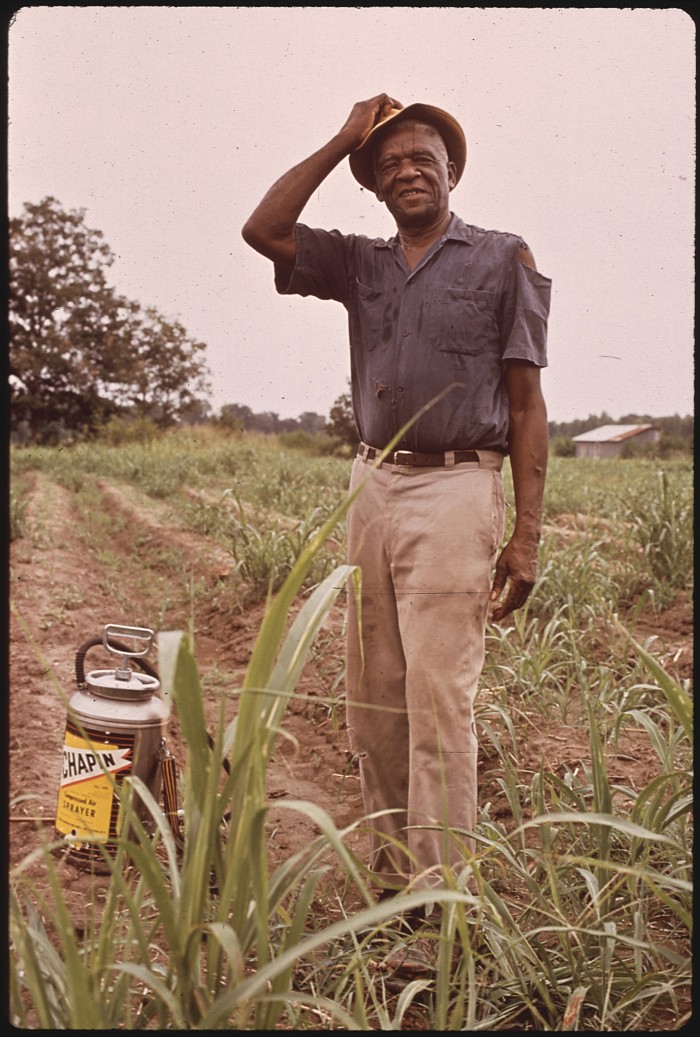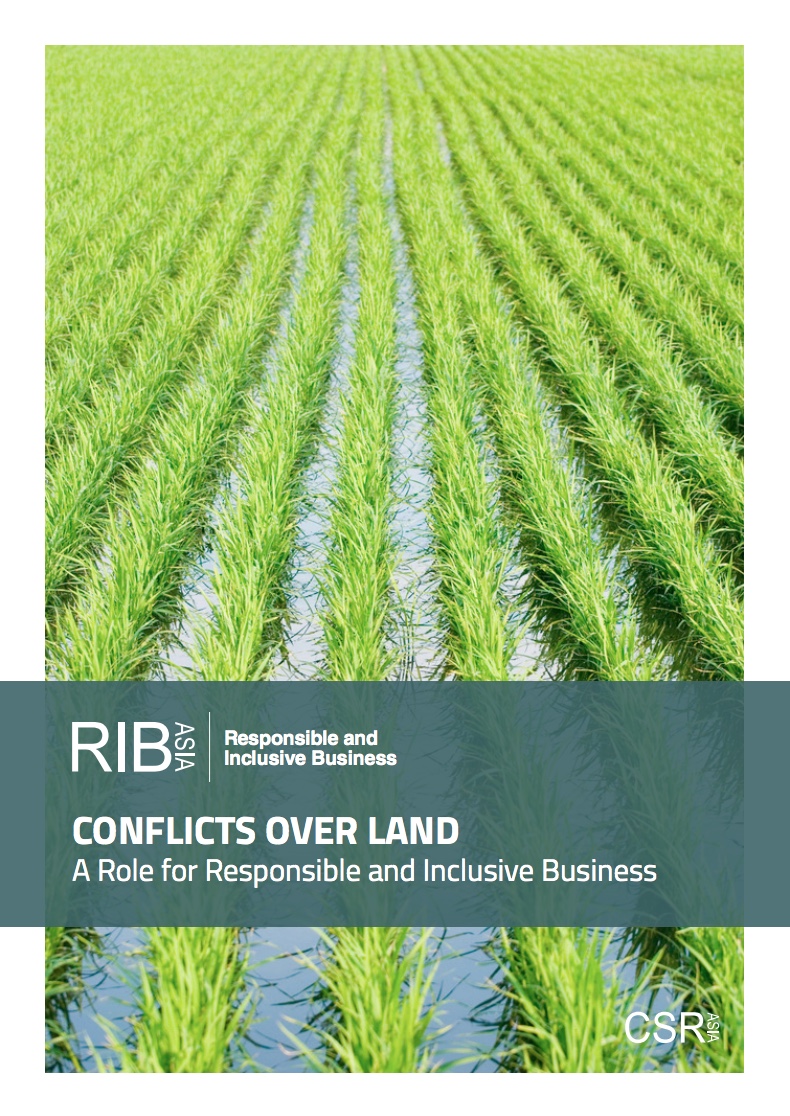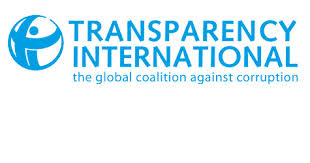Tenure security and demand for land tenure regularization in Nigeria - Publication - IFPRI
In line with the conventional view that customary land rights impede agricultural development, the traditional tenure system in Nigeria has been perceived to obstruct the achievement of efficient development and agricultural transformation. This led to the Land Use Act (LUA) of 1978.






